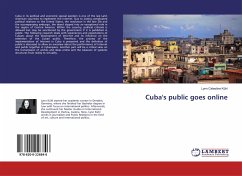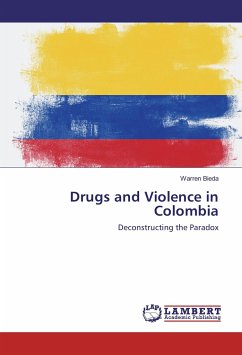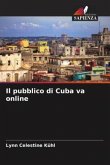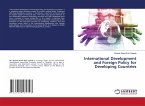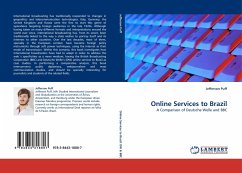Cuba in its political and economic special position is one of the last Latin American countries to implement the Internet. Due to lasting complicated political relations to the United States, the revolution in the late 50s and the accompanying embargo, the island slipped into an exceptional role in the region of Central America. Within the country, political criticism is allowed but may be sanctioned by the government if it is published in public. The following research deals with experiences and expectations of Cubans about the development of Internet and its influence on the extension of the Cuban public. Therefore, the process of the implementation of Internet in Cuba is presented and the definition of public is discussed to allow an overview about the performance of Internet and public together in Cyberspace. Another part will be a critical view on the transmission of wishes and ideas online and the takeover of systemic structures from reality to virtuality.
Bitte wählen Sie Ihr Anliegen aus.
Rechnungen
Retourenschein anfordern
Bestellstatus
Storno

